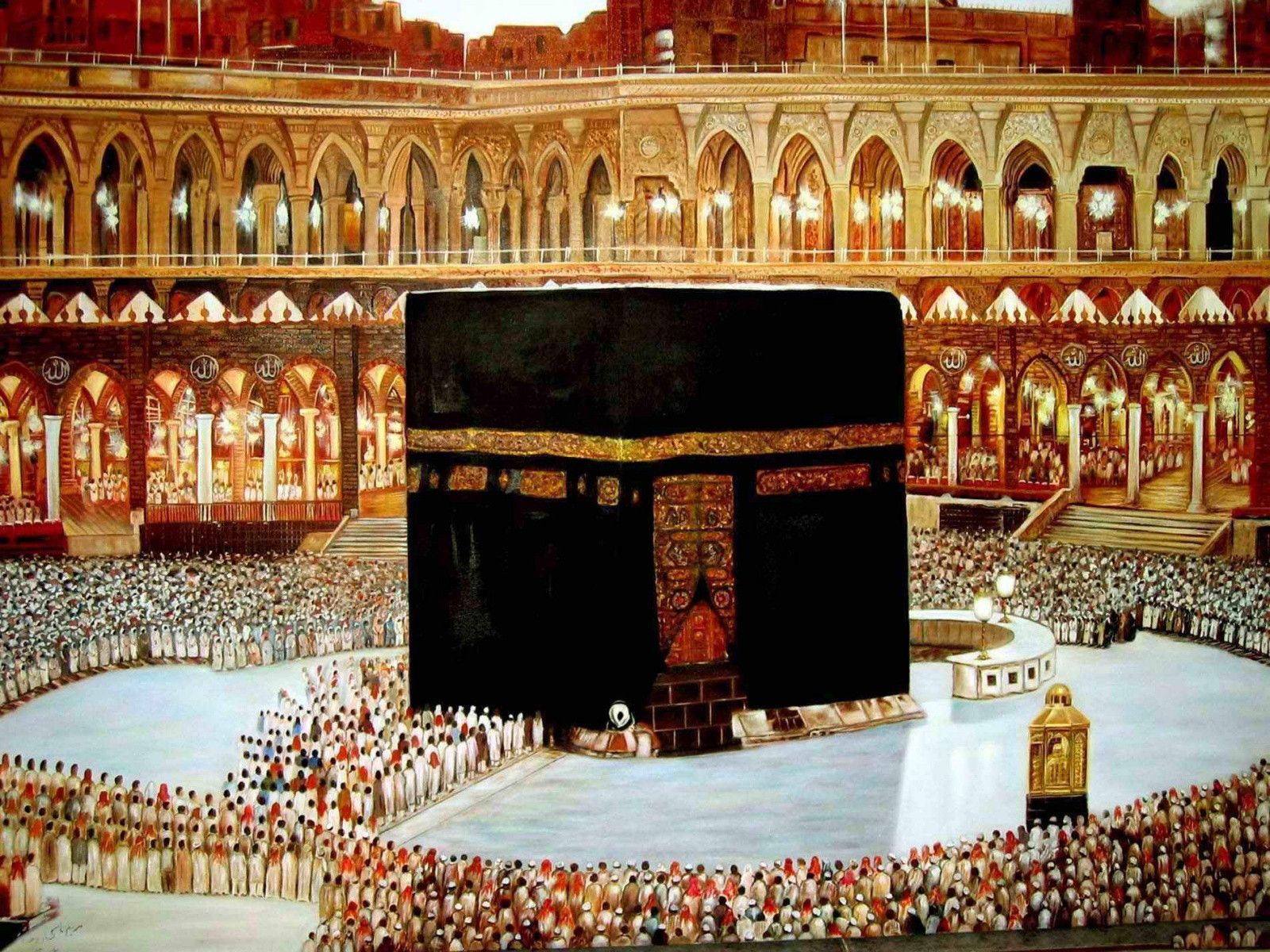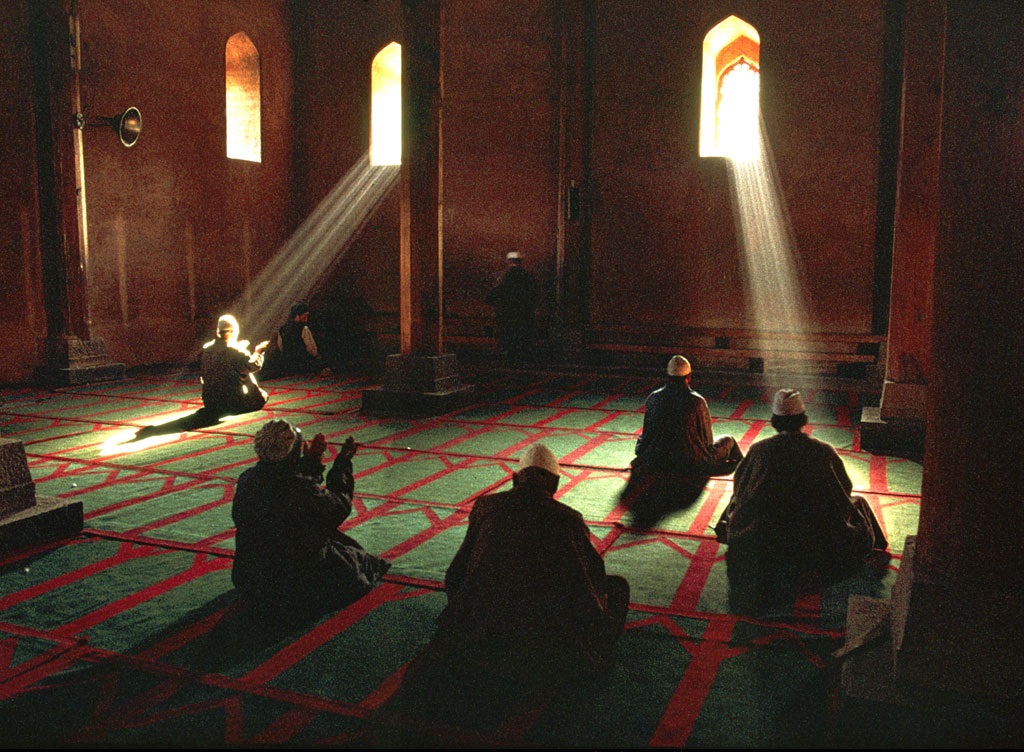QUESTION:
What do the scholars of the Din and muftis of the Sacred Law state regarding the following issue: what is the ruling upon israf (wastage)? The Qur’an states that mubadhdhirin (spendthrifts) are the brothers of Satan. What are the definitions of a mubadhdhir and a musrif (waster)? Furthermore, what is the definition of israf?
Questioner: Adnan from UK
ANSWER:
بسم اللہ الرحمن الرحیم
الجواب بعون الملک الوھاب اللھم ھدایۃ الحق والصواب
There are two scenarios in which isrāf is prohibited and a sin. The first is spending wealth upon a sin. The second is simply wasting wealth.
The Imām of the Ahl al-Sunnah, Imām Ahmad Ridā Khān (may Allāh be pleased with him) states in Fatāwā Ridawiyyah that spending wealth for disobedience is disobedience itself. Zayd’s wearing of golden and silver bangles in his hands is wastage and sin, even if he wore them for a short period of time. If he carries the bangles in his pocket without any reason, then it is not a sin. Neither is it an act of sin nor is it wastage of wealth. If he throws away the bangles in the sea, then it is isrāf as wealth is wasted. There are authentic Hadīths of the Messenger of Allāh ﷺ that prohibit the wastage of wealth. Sayyidunā Mughīrah bin Shu’bah (may Allāh be pleased with him) narrates that,
“The Messenger of Allāh ﷺ stated,
“ان اللّٰہ تعالی کرہ لکم قیل وقال وکثرۃ السؤال واضاعۃ المال“
‘Verily Allāh ﷻ dislikes that you become involved in vain talk, pose excessive questions, and waste wealth.’”
[Sahīh al-Bukhārī, 1/324 & Sahīh Muslim, 2/75]
Sayyidī Imām Ahmad Ridā Khān (may Allāh be pleased with him) writes in Fatāwā Ridawiyyah that isrāf is undoubtedly prohibited. Allāh ﷻ states,
{وَلَا تُسْرِفُوۡا ؕ اِنَّہٗ لَایُحِبُّ الْمُسْرِفِیۡنَ}
{and do not spend wastefully; indeed He (Allāh) does not like the wasteful}
(Sūrah al-An’ām, 141)
{وَلَا تُبَذِّرْ تَبْذِیۡرًا. اِنَّ الْمُبَذِّرِیۡنَ کَانُوۡۤا اِخْوٰنَ الشَّیٰطِیۡنِ}
{and do not spend lavishly. Indeed those who spend wastefully are the brothers of the devils}
(Sūrah Banī Isrā’īl, 26-27)
There are two opinions concerning mubadhdhir and musrif. The first one is that both are one and the same. Spending or utilising something unnecessarily, whereas doing so was not required. Certain scholars have said that a mubadhdhir is someone who does isrāf by squandering wealth in sinning, and a musrif is someone who wastes either by way of sinning or by simply squandering wealth. The first opinion is the stronger one.
There are various statements defining isrāf.
1. Isrāf is spending unnecessarily; this definition was provided by Sayyidunā ‘Abdullāh bin Mas’ūd (may Allāh be pleased with him).
عن عبداللہ بن مسعود رضی اللّٰہ تعالی عنہ قال التبذیر فی غیر الحق وھو الاسراف
“He stated, ‘Tabdhīr (squandering) means to spend unnecessarily and this itself is isrāf.’”
[Tafsīr Tabarī, vol 15, pg 85]
2. Transgressing the commandment of Allāh ﷻ i.e. the spending in which someone exceeds the limits set by the commandment of Allāh ﷻ is isrāf; this definition was provided by Sayyidunā Iyās bin Mu’āwiyah (may Allāh be pleased with him).
[Tafsīr Tabarī, vol 8, pg 74]
3. Isrāf means spending in those things which are against the pristine Sacred Law; this is Harām (prohibited). It can also mean the spending which goes against generosity. This is makrūh tanzīhī (disliked but not a sin), just as it is mentioned in al-Tarīqah al-Muhammadiyyah,
“وھماای الاسراف والتبذیر فی مخالفۃ الشرع حرامان وفی مخالفۃ المروء ۃ مکروھان تنزیھا“
“If isrāf or tabdhīr is in opposition to the Sharī’ah, then it is harām, otherwise it is makrūh tanzīhī.”
[al-Tarīqah al-Muhammadiyyah, vol 1, pg 15-16: excerpted from Fatāwā Ridawiyyyah]
There are other definitions of isrāf but my master A’lā Hazrat Imām Ahmad Ridā Khān (may Allāh be pleased with him) has preferred the first one and stated in Fatāwā Ridawiyyah that among all the definitions, the first one is the most comprehensive and clear one. How can it not be so, when it was provided by the ‘Abd (slave of) Allāh who was called a bundle [of knowledge] by the Noble Messenger ﷺ and was the most knowledgeable after the four rightly-guided caliphs (may Allāh be pleased with them all). The Greatest Imām, Abū Hanīfah is the heir to knowledge. May Allāh ﷻ be pleased with them all.
[Fatāwā Ridawiyyah, vol 1-2, pg 938]
واللہ تعالی اعلم ورسولہ اعلم صلی اللہ علیہ وآلہ وسلم
کتبہ ابو الحسن محمد قاسم ضیاء قادری
Answered by Mufti Qasim Zia al-Qadri
Translated by the SeekersPath team
Read the original answer in Urdu here – [Q-ID0389] What is the ruling upon wastage in Islam? What is mubadhdhir and musrif?
































































